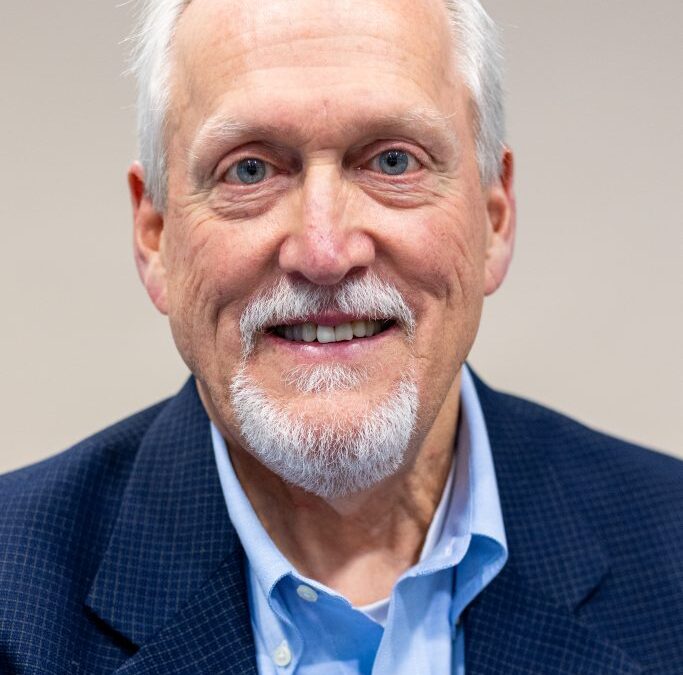In 2025, mental health is finally gaining the attention it deserves, yet stigma remains a significant barrier to seeking help. Despite growing awareness, misconceptions about mental health conditions—such as depression, anxiety, and bipolar disorder—persist, preventing many from accessing support. Breaking this stigma requires collective effort, open conversations, and a commitment to normalizing mental health care as an essential part of well-being. By fostering understanding and empathy, society can create a future where mental health is treated with the same urgency and care as physical health.
Understanding the Stigma
Stigma surrounding mental health often stems from outdated beliefs that label mental illnesses as signs of weakness or instability. These misconceptions lead to discrimination, social isolation, and reluctance to seek treatment. In 2025, while progress has been made—thanks to advocacy, social media campaigns, and public figures sharing their stories—stigma still lingers. Many individuals fear judgment from employers, friends, or family, which discourages them from discussing their struggles or pursuing therapy. This silence perpetuates a cycle of untreated mental health conditions, impacting quality of life and overall health.
The Importance of Mental Health
Mental health is inseparable from overall well-being. It affects how we think, feel, and navigate daily challenges. Untreated mental health issues can lead to physical health problems, such as heart disease or weakened immunity, and strain relationships or work performance. In 2025, with the rise of remote work and digital connectivity, stressors like burnout and social media pressure are more prevalent. Prioritizing mental health through self-care, therapy, or medication is not a luxury but a necessity for living a balanced, fulfilling life.
Steps to Break the Stigma
Breaking the stigma starts with open dialogue. Sharing personal experiences, whether through blogs, social media, or casual conversations, humanizes mental health struggles and shows others they’re not alone. In 2025, platforms like X amplify these voices, offering spaces to share stories and resources. Education is equally critical—public campaigns and school programs can dispel myths, explaining that mental illnesses are medical conditions, not personal failings. Encouraging empathy by listening without judgment also fosters a supportive environment where seeking help feels safe.
Normalizing Mental Health Care
Seeking professional help, whether through therapy, counseling, or psychiatric care, should be as routine as visiting a doctor for a physical ailment. In 2025, teletherapy and mental health apps have made support more accessible, yet many hesitate due to stigma. Normalizing therapy means celebrating it as a proactive step toward wellness, not a sign of defeat. Employers can play a role by offering mental health days and access to employee assistance programs, signaling that mental health is a priority.
Community and Policy Support
Communities and governments must continue to invest in mental health resources. In 2025, initiatives like community mental health centers and online support groups are expanding, but gaps remain, particularly in underserved areas. Policymakers can help by increasing funding for mental health services, ensuring affordable access to care, and integrating mental health education into schools. Grassroots movements, including peer-led support groups, also empower individuals to advocate for themselves and others, creating a ripple effect of acceptance.
Looking Ahead
The journey to destigmatize mental health in 2025 is ongoing, but the momentum is promising. By embracing open conversations, promoting education, and supporting accessible care, society can dismantle harmful stereotypes. Each step—whether sharing a story, seeking therapy, or advocating for policy change—chips away at stigma, paving the way for a world where mental health is valued equally to physical health. Let’s commit to making mental health matter, not just in 2025, but for generations to come. Start today: talk, listen, and support. Together, we can create a stigma-free future.






